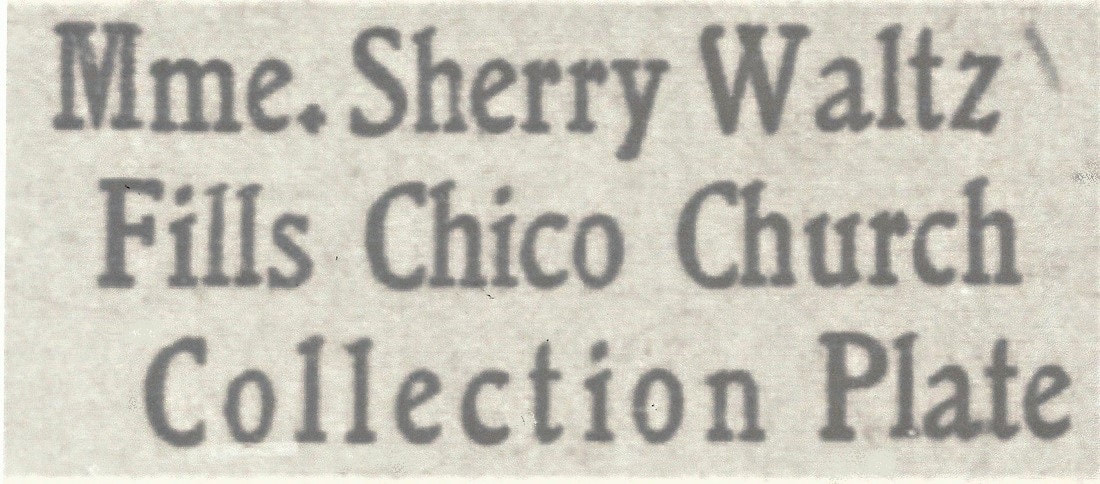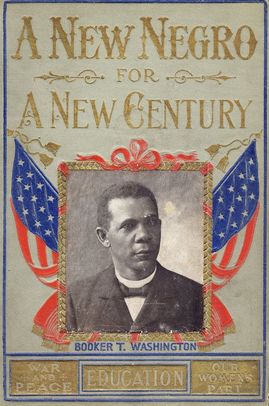|
On November 21, 1911, the San Francisco Call published an an amusing anecdote about a performance simultaneously unbefitting the venue and calculatingly effective: Chico, Nov. 20. --Every little movement of the orchestra and the ushers of the Chico Baptist church had a meaning all its own when the collection was taken at the regular services. Also, a modern musical comedy tune, it as found, could be successfully grafted on the church organ pipes and bear good fruit. Furthermore, there was something like vindication for those leaders of Protestant churches who insist that the old hymn tunes may with profit be relegated to the basement while the choir loft devotes itself to something more modern. O'Hare's piano roll arrangement
With Parson Altalk’s failure to address his parishioners’ earthly needs, such as overcoming superstition and dealing with the conjurors, Treemonisha’s neighbors need a leader, someone capable of guiding them forward. Long before introducing his failed leader, Joplin had set the scene for his true leader’s arrival. In the opera’s preface, he explained that whites had left the plantation after the Civil War, leaving it to be run by Ned, a trustworthy servant. Living in dense ignorance, symbolized by the dense forest surrounding the plantation, the freedmen were left “with no one to guide them as they struggled to adapt to unaccustomed freedom. Childless Ned and Monisha prayed for an infant who could grow up educated and able to “teach the people around them to aspire to something better and higher than superstition and conjuring.”
In the opera’s opening number, Treemonisha reprimands the conjuror Zodzetrick for having “caused superstition and many sad tears,” and viewers and listeners recognize her potential to realize Ned and Monisha’s dream. Indeed, before the opera’s opening, Treemonisha had achieved small scale teaching success. She had taught Remus to read, enabling him to chide Zodzetrick, not only by arguing that the conjuror cannot fool the level-headed Treemonisha, but that he can no longer fool Remus: To read and write she has taught me, and I am very grateful, Although education might initially come from whites, Joplin shows that a black with basic education could become the educator, as did Booker T. Washington and so many graduates of schools such as Hampton and Tuskegee. Speaking of Tuskegee, Samuel Chapman Armstrong had once written, "It is a proof that the Negro can raise the Negro" (Qtd. by Washington in The Story of My Live and Work, J. L. Nichols & Co., 1901, 372). Washington attributed much of this success to his people's desire to learn from their teachers as he had learned from Armstrong: "Often hungry and in rags, making sacrifices of which you little dream, the Negro youth has been determined to annihilate his mental darkness. With all the disadvantages the Negro, according to official records, has blotted out 55.5 per cent of his illiteracy since he became a free man" ("Negro Education Not a Failure," Booker T. Washington Papers. Univ. if IL Press, 1972, II: 431).
|
AuthorI am a retired community college professor and the great-granddaughter of composer, orchestrator, arranger, organist, and teacher William Christopher O'Hare. Click the "Read More" link to see each full blog entry.
Archives
November 2020
Categories
All
|


 RSS Feed
RSS Feed